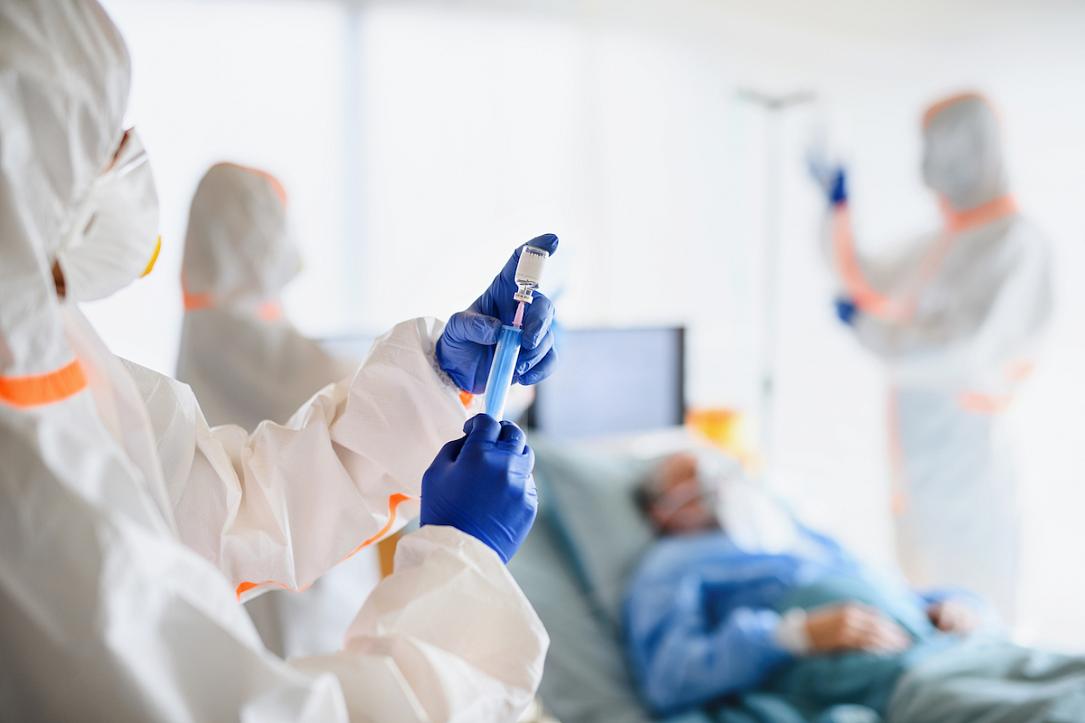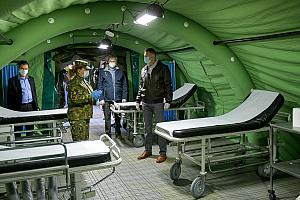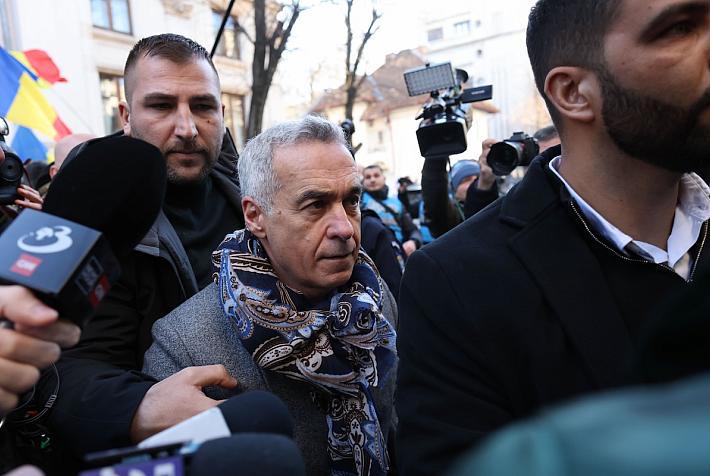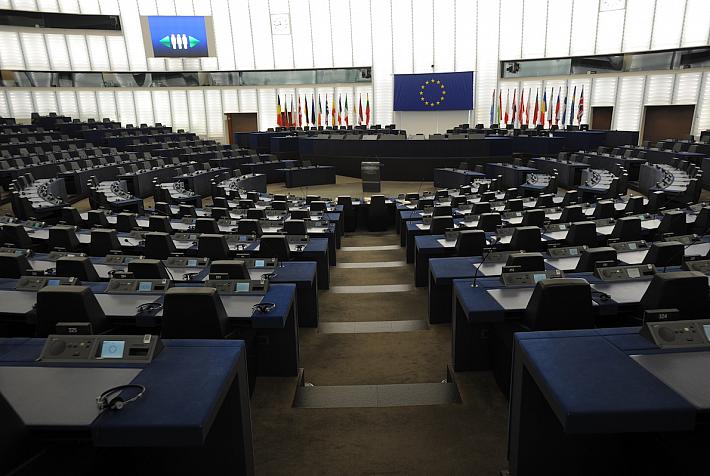Coronavirus measures in Romania: Doctors cannot turn down patients not tested for Covid-19

Doctors are not allowed to deny the hospital admittance of people for not having been tested for the Covid-19 coronavirus, Raed Arafat, the head of the Emergency Situations Department, warned on March 29. Doing so incurs criminal liability, he said.
“We want to draw the attention to this – the refusal to admit a patient in need of hospital care incurs criminal liability. We want to draw the attention of managers, heads of departments and doctors that patients cannot be refused treatment on grounds that there is no confirmation of whether they are Covid-19 infected or not,” Arafat said, quoted by Digi24.ro.
This is part of a new order established by the authorities in the context of the Covid-19 pandemic.
Arafat explained that the new provision was instated after cases where recorded were patients were admitted late of transferred late at other hospitals because they had not been tested for the Covid-19 coronavirus.
Under the same provision, any patient can be considered a Covid-19 suspect.
“We have decided to issue an order that establishes that any patient can be considered a Covid-19 suspect, even if there is no testing at the emergency unit; this is why the medical staff needs to take the appropriate protective measures, after which the patient who has a different pathology or requires immediate hospitalization will be admitted to the available hospital or at the one they came to,” Arafat said.
The order comes after cases of doctors turning down patients who were suspected of being infected with the Covid-19 coronavirus but also amid numerous complaints from health workers over the lack of appropriate protective equipment.
For instance, last week, doctors and nurses at the Elena Doamna Maternity Hospital in Iași protested after the ambulance service brought in a patient suspected of being infected with the Covid-19 coronavirus, Digi24.ro reported. They said they had no protective equipment and that the patient should have been taken at the Cuza Vodă Maternity, also in Iaşi.
Meanwhile, doctors have been complaining about the lack of protection equipment, which leaves them vulnerable to contracting the Covid-19 infection. On March 26, of the 1,029 confirmed Covid-19 cases reported in Romania, 153 were health workers. Most of them were in Suceava, where the County Hospital closed for disinfection because of the situation. The Covid-19 infections among doctors and nurses increased significantly after they attended patients who didn't mention they had traveled abroad or were not aware that they had been in contact with potentially infected people. They were treated without special safety measures passing the virus to doctors and nurses, who also passed the virus to other colleagues or patients.
Another article of the order announced by Raed Arafat establishes that, for the duration of the state of emergency, doctors and nurses but also auxiliary staff, such as biologists, pharmacists or therapists can be reassigned to work at public units with a staff deficit without being able to turn down the reassignment. If the reassignment entails the transfer to a different locality, the authorities are compelled to provide them with accommodation and food.
The same order establishes that the Emergency Situations Inspectorate (ISU) will coordinate the ambulance services throughout the duration of the state of emergency. As such, the heads of local ISU departments will be able to replace the resources of the emergency service SMURD with vehicles of the county ambulance services or supplement the teams of the ambulance services with SMURD paramedics. The SMURD service usually covers any type of emergency intervention with a team of paramedics, while the team of the ambulance service also includes a doctor.













